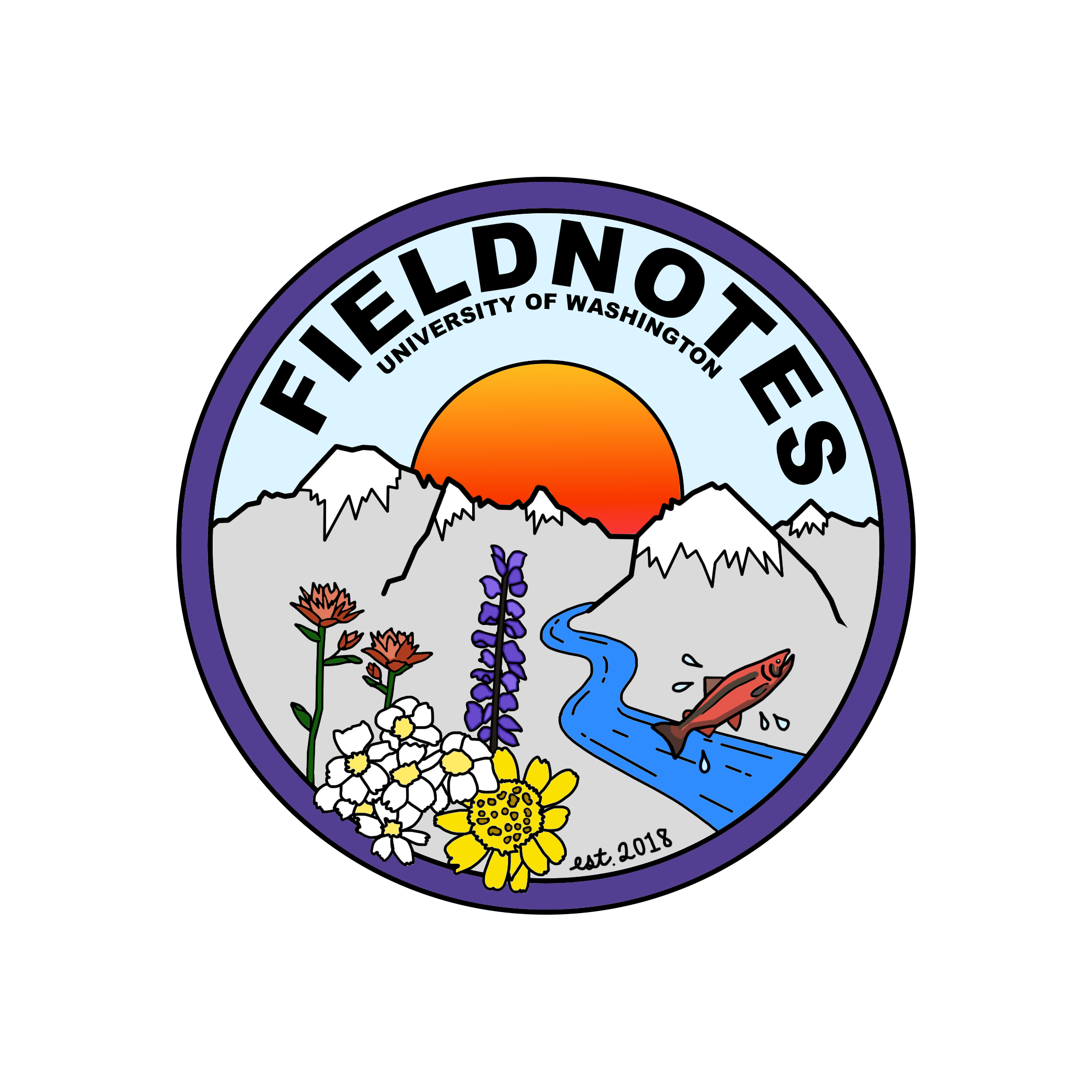Water Conflict in Weed: A Look into the Future
By Chaja Levy
“In the West, it is said, water flows uphill toward money.”
Marc Reisner, Cadillac Desert: The American West and Its Disappearing Water
Bottled water companies don’t just consume massive amounts of energy to produce plastic bottles filled with the equivalent of tap water. They’re also taking water from California communities threatened by drought and changing climate.
The northern Californian city of Weed, nestled in the shadow of Mount Shasta, has been the epicenter of a conflict between two companies and the local community over the rights to water, leading to mounting conflicts and community activism. This has included multiple lawsuits, two documentaries, and then Crystal Geyser Roxane CEO and French billionaire Pierre Papillaud allegedly threatening to blow up the nearby bottled water plant.
For over 50 years, the city had paid $1 per year to Roseburg Forest Products to access water from Beaughan Springs, which surfaces on land owned by Roseburg Timber Products. Beaughan Springs is located behind the local high school but recharges at a higher elevation.
The community has relied on water from the spring since 1909, but in June of 2016, Roseburg began charging the city $97,000 per year for use and told the city to look for another water source. Roseburg was planning to sell to a bottled water company, Crystal Geyser Roxane.
In March 2021, despite both companies’ best efforts and after several years of lawsuits, protest, and negotiations, the Weed City council approved a three-way agreement between all parties. Roseburg will sell water rights to Crystal Geyser Roxane who will then sell the rights to Weed for over a 12-year period. Crystal Geyser Roxane will take an almost $1 million loss to facilitate the sale, viewing it as a donation to the community.
Further south, in California’s San Bernardino forest, water officials have recently drafted a cease-and-desist order to Blue Triton, formerly known as Nestlé Waters North America, to stop the company from taking millions of gallons of water over what Nestlé can legally claim. According to the State Water Resources Control Board, Blue Triton diverted too much water from the forest, resulting in reduced drinking water downstream and impacts on sensitive environmental resources and ecosystems.
The fight for water use in California and the western United States is not going anywhere. As global temperatures increase and water becomes more scarce, more individuals, communities, private companies, and governments will echo these conflicts as they decide who gets to turn on the tap and who gets left out to dry.
